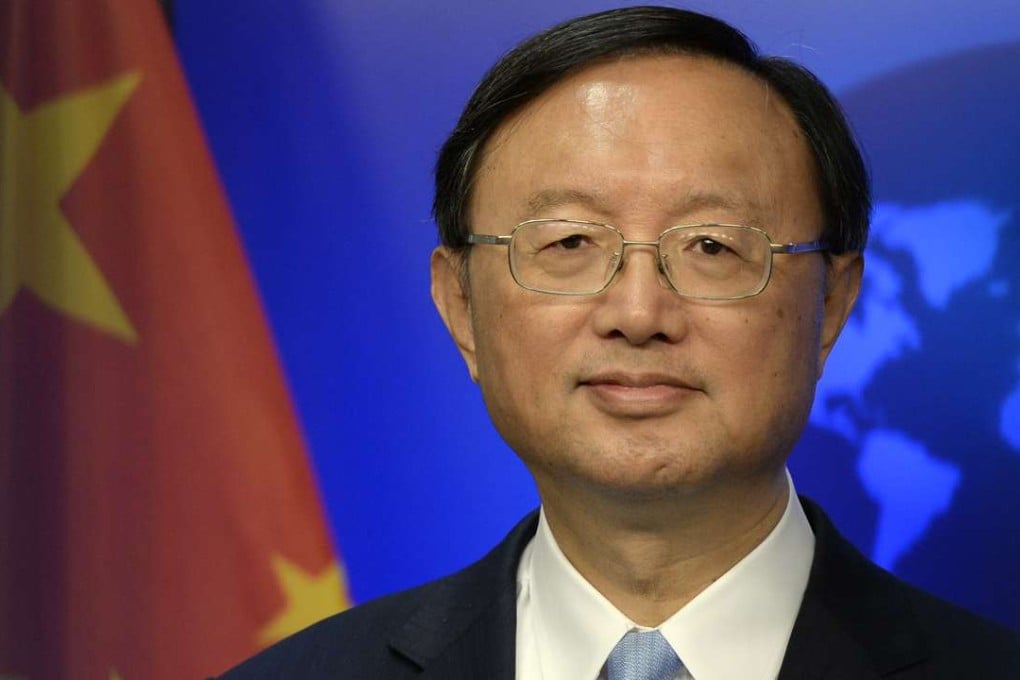The man behind the Xi-Trump summit
China’s top diplomat, Yang Jiechi, has pulled out all stops to make meeting in Florida happen

China’s top diplomat will finally have his moment when President Xi Jinping basks in the limelight of his first sit-down encounter with US counterpart Donald Trump at the lavish Mar-a-Lago estate in Florida next week.
State Councillor Yang Jiechi, Xi’s top foreign policy aide, is widely believed to have played a central role in preparations for the summit, which diplomatic pundits describe as a “blind date” between two alpha males.
According to diplomatic sources in Beijing, Yang, who outranks Foreign Minister Wang Yi, was the key advocate for an early meeting between Xi and Trump, investing “most of his time and energy in recent weeks to make the summit happen”.
They said Beijing remained “cautiously optimistic” about the summit’s prospects even though the Chinese leadership was deeply suspicious of Trump, whose signature lack of predictability and reliability have been on full display less than three months into his presidency.
Chinese officials, including Yang himself, were taken aback by Trump’s strident China-bashing rhetoric during his campaign and his protocol-breaking phone call with Taiwanese President Tsai Ing-wen after his election, which threw Beijing’s already bumpy ties with Washington into further disarray ahead of his inauguration.
After a stand-off lasting weeks, the two nations managed to stabilise the situation until Trump reaffirmed Washington’s decades-old one-China policy in a phone call with Xi in February.